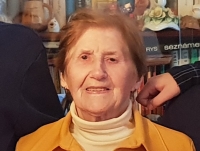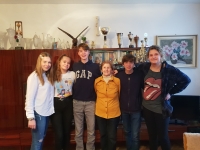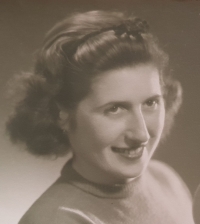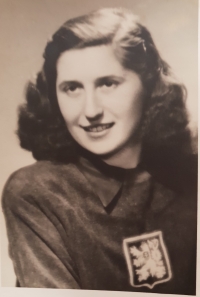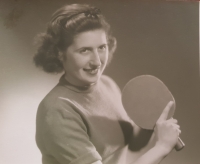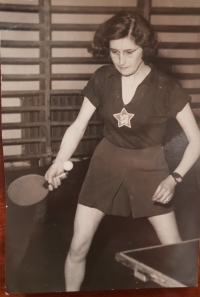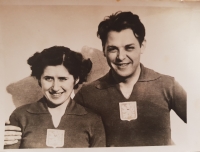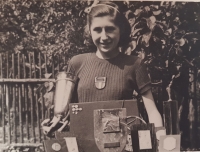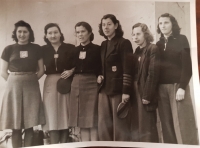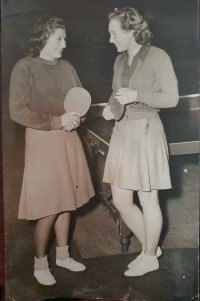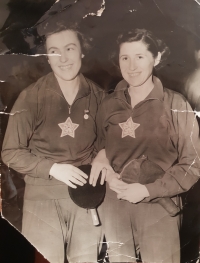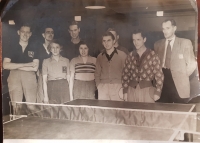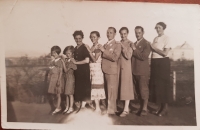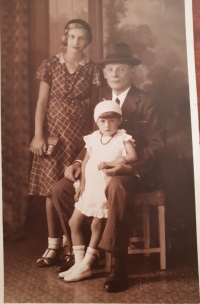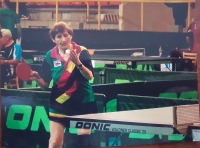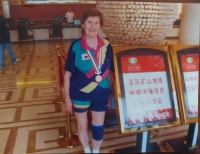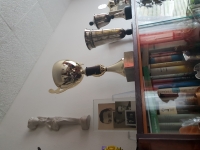They called me Czech baby
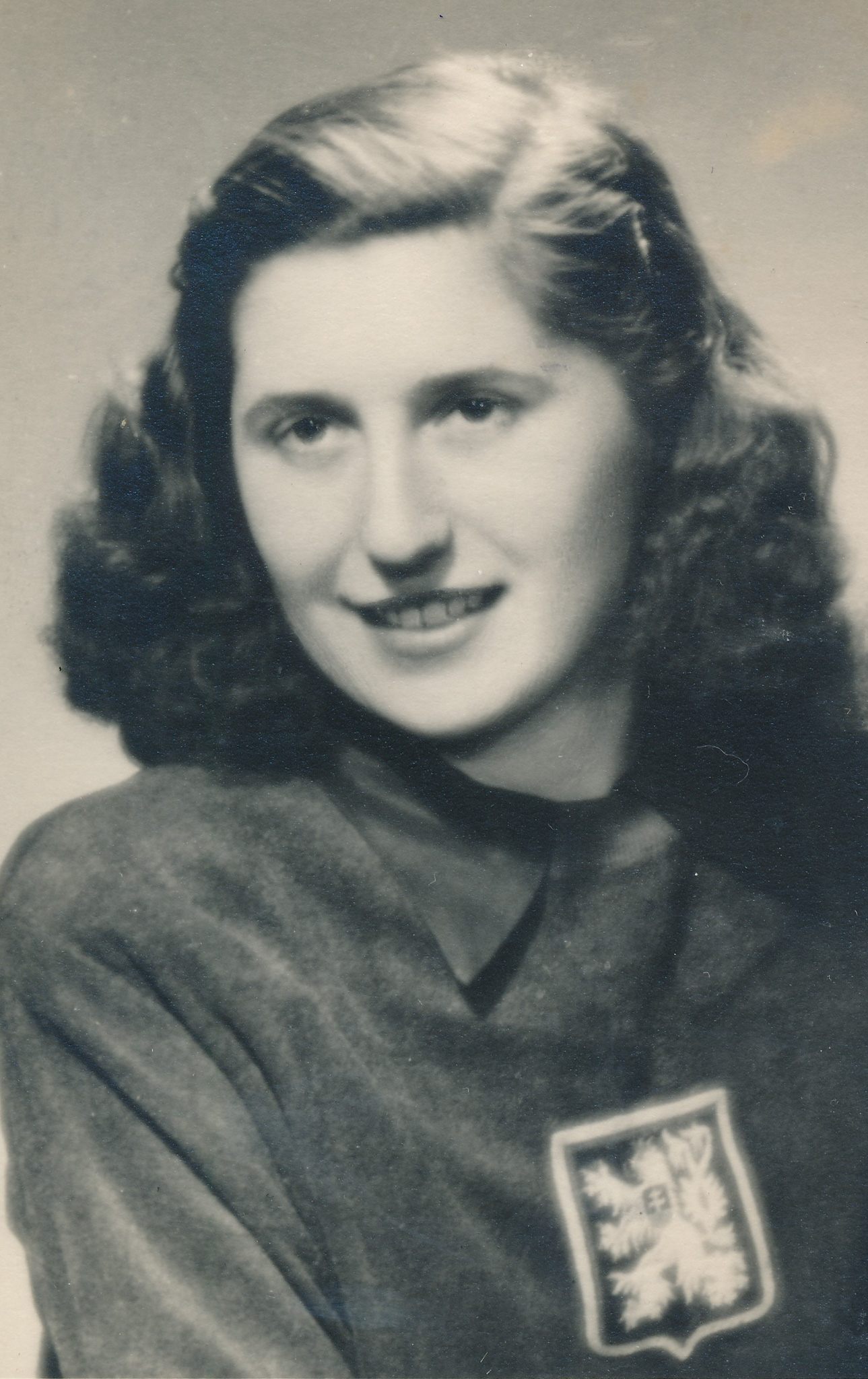
Download image
Eliška Krejčová, née Fürstová, was born on September 11, 1927 in Kralupy nad Vltavou. From an early age, she loved sports, especially table tennis. During the war, she began representing Sparta Prague in table tennis, and in 1947 she won the World Championships in England. During the war, their family house was bombed, her family got stuck in the ruins of the house, but fortunately survived. Eliška soon ceased playing table tennis. As a representative, she was persuaded to sign a cooperation with the secret police. After her husband’s death, she returned to table tennis and still competes for the veteran team today.
